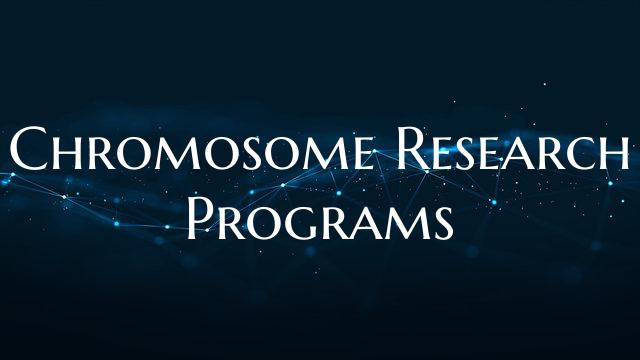Chromosome Research Programs
In the realm of genetics and biological sciences, chromosome research programs play a crucial role in advancing our understanding of genetic diseases, evolution, and overall biodiversity. These programs are dedicated to studying the structure, function, and organization of chromosomes, which are the thread-like structures located in the nucleus of every cell and carry genetic information in the form of DNA.
One of the primary goals of chromosome research programs is to unravel the complexities of chromosomal abnormalities and genetic disorders. By investigating the different patterns of chromosomal mutations and rearrangements, researchers can identify the underlying mechanisms that lead to conditions such as Down syndrome, Turner syndrome, and various types of cancers. This knowledge is instrumental in the development of diagnostic tests, personalized treatment strategies, and potential therapeutic interventions for affected individuals.
Furthermore, chromosome research programs also shed light on evolutionary processes and species divergence. By comparing the chromosomal changes within and between different species, scientists can trace evolutionary relationships, understand genomic variations, and decipher the genetic basis of adaptations. This information is essential for conservation efforts, population management, and biodiversity preservation in the face of environmental challenges and human activities.
Technological advancements have revolutionized chromosome research, enabling scientists to analyze chromosomes at unprecedented levels of detail and precision. Techniques such as karyotyping, fluorescent in situ hybridization (FISH), comparative genomic hybridization (CGH), and next-generation sequencing have transformed the field, providing valuable insights into chromosome structure, gene expression, and epigenetic modifications.
Overall, chromosome research programs form the cornerstone of modern genetics and genomics, fueling discoveries that have far-reaching implications for human health, agriculture, and environmental conservation. Through interdisciplinary collaborations and innovative approaches, these programs continue to unravel the mysteries of the genome, paving the way for a deeper understanding of life's intricacies and the development of groundbreaking solutions to biological challenges.

